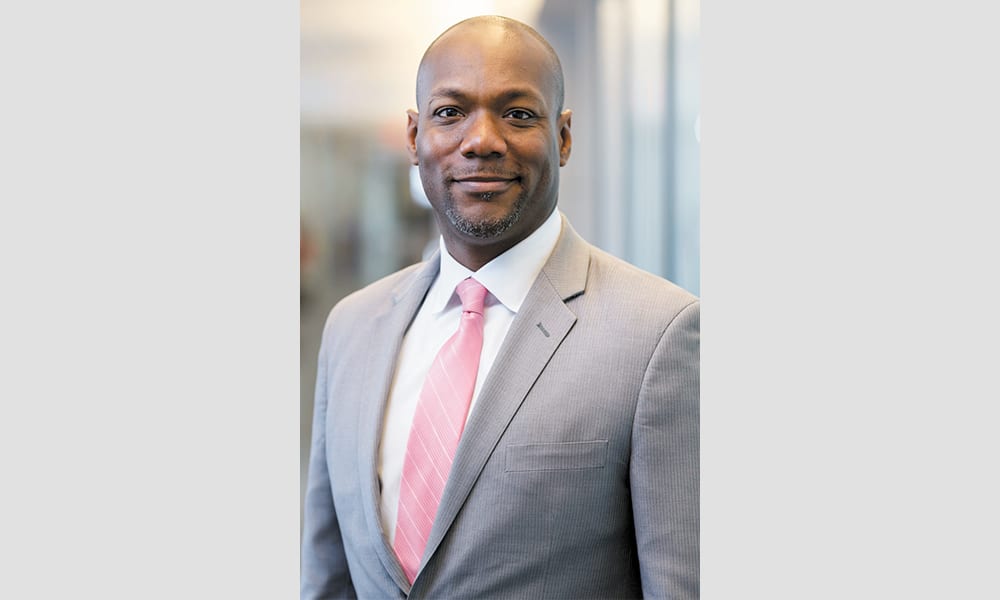Philanthropy is one of humanity’s primordial impulses. We see examples that are as old as recorded history. Indeed, based upon the data that we have, it is clear that the voluntary giving of time, talent and treasure has been around as long as people have.
Philosophers and religious leaders, ancient and contemporary, have always shared their views regarding the nature, process and efficacy of philanthropy. Today, individuals and institutions give billions of dollars annually to ameliorate poverty and its negative effects: homelessness, hunger, disease, etc.
Still, we can do much better. The world would be safer, healthier, and more joyful if its human inhabitants actively heeded the godly wisdom of Maimonides, the 12th century Jewish theologian, moral philosopher, and physician. I use the word “godly” because the Hebrew word tzedakah — which is often translated as “charity” — means “righteousness.”
Maimonides devised an eight-level hierarchy of philanthropy. The “highest” level occurs when someone helps to sustain a person before that person becomes impoverished (and, therefore, financially dependent on others.)
One may achieve this aim by giving the person a substantial monetary gift (without embarrassing or humiliating the recipient), by making a loan with very favorable terms, or by helping the person start a viable business or find a well-paying job. (I would add, very humbly, that teaching people wealth-building and wealth-sustaining skills is equally important.)
This principle is a prescription for addressing what I believe is the single most important social issue in America: closing both the racial income gap and the racial wealth gap. The domestic terrorists who committed the Tulsa race massacre understood something that too few people who have fancy degrees do. Namely, if you want to destroy a people, taking away their livelihood is nearly tantamount to taking away their lives. Further, wealth is a crucial factor in determining how elected officials behave. If Black folks had greater individual wealth, our right to vote would not be under assault.
The “racial income gap” refers to the fact that the median income of white families was $188,200 in 2019 (according to the Federal Reserve). Compare that to a median income of $24,100 for Black families. (Note that “median” means that half the incomes are above that amount and half are below. This is opposed to “mean income,” which refers to an average of all incomes in a given category.)
By “racial wealth gap” I mean the fact that African Americans have, on average, a net wealth of $17,150. Compare that to an average net wealth of $171,000 for white families — a staggering 10 times that of Black families. Tragically, if current trends continue, the average net worth of Black families will be $0 in a few years. (Note that “net wealth” refers to how much money people are worth after subtracting their liabilities from their assets. Liabilities primarily refer to loans and other bills; assets primarily refer to things that hold monetary value, such as real estate, cash, art, retirement funds, etc.)
The most important thing that we can do as a nation — for the benefit of our entire nation — is close these gaps. This leads me back to Maimonides. When we think about philanthropy, we usually picture “charity” — giving money or other assistance to meet the immediate needs of poor people. That is very necessary, but it is completely insufficient if we truly want to permanently reduce poverty. Thus, we must give substantially more money to those who have the greatest need, as well as teach them how to spend, save and invest it.
Those who are blessed to be able to give away large sums of money, whether from their personal resources or via financial institutions (including foundations), see the highest return on their investment when they give enough to the poor not only to buy groceries from Kroger, but to purchase its stock, too. This is one reason that many of our elected officials are considering ideas like implementing a Universal Basic Income (UBI).
I am not naïve. I’m not arguing that crime, drug use, hunger, or the other conditions that plague the poor will disappear if they amass a little excess wealth. However, if we give people a fish, teach them to fish and show them how to buy (or build) the lake, they and their families are much less likely to drown in poverty.
Larry Smith is a community leader. Contact him at larry@leaf-llc.com.








